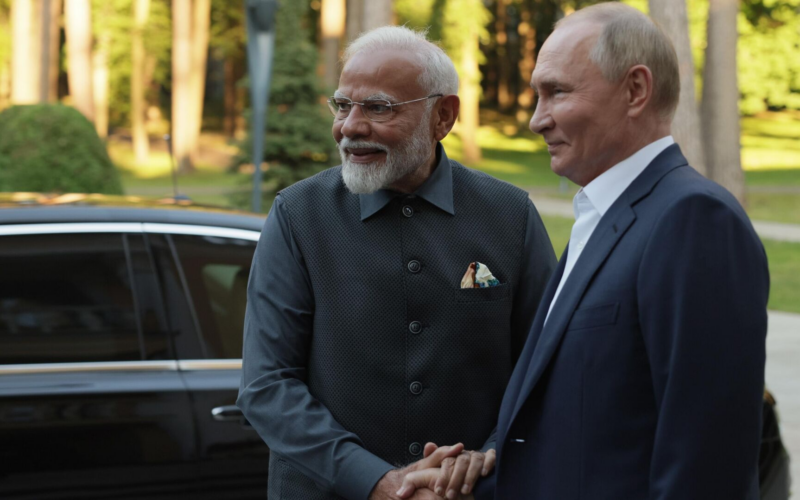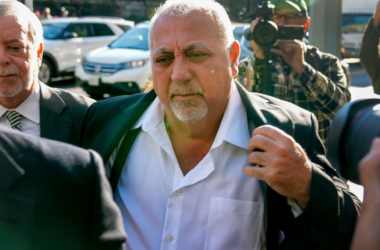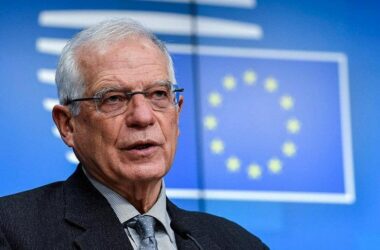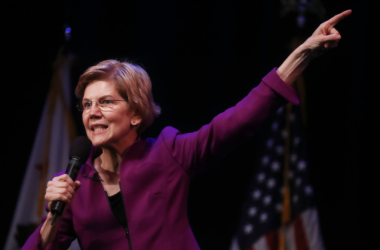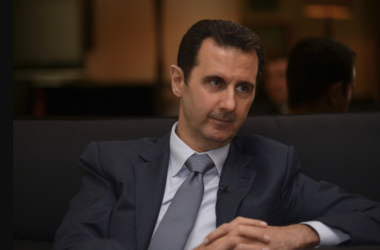Prime Minister Narendra Modi of India made his first visit to Russia in five years. Modi’s visit, marked by a warm reception from President Vladimir Putin, underscores Russia’s continued international engagement despite Western efforts to isolate it over the conflict with Ukraine.
Modi and Putin shared a leisurely stroll under the trees at the Russian leader’s suburban residence, rode a golf cart, sipped tea during an hourslong chat, and visited Putin’s stables, showcasing a close relationship. This visit illustrated a sobering reality: despite the West’s isolation attempts, nations like India have maintained their own interests with Moscow, supporting Russia’s economy.
Ukrainian President Volodymyr Zelensky expressed his dismay, calling Modi’s actions a “huge disappointment” and a “devastating blow to peace efforts.”
Modi’s visit, coinciding with the NATO summit in Washington, highlights the challenge Western leaders face in persuading India to take an anti-Russian stand. Despite growing ties with the United States, Modi has avoided condemning Russia, advocating instead for “collective dialogue” and maintaining India’s historically warm relations with Moscow.
A video of Modi and Putin’s embrace circulated widely in India, where Putin referred to Modi as his “best friend.” Modi echoed these sentiments in a meeting with the Indian community in Moscow, describing Russia as “India’s true friend.”
In Kyiv, the reaction was starkly different, with Zelensky criticizing Modi’s warm interactions with Putin amidst the ongoing conflict and devastation in Ukraine.
India’s relationship with Russia has been mutually beneficial, especially in the energy sector. Since the beginning of the conflict in Ukraine, India has become a significant importer of Russian oil, second only to China, aiding Russia economically despite Western sanctions. The U.S., focusing on strengthening ties with India amid tensions with China, has not forced New Delhi to choose sides between Washington and Moscow.
State Department spokesperson Matthew Miller acknowledged the complexities, noting the U.S.’s clear communication with India about concerns regarding its relationship with Russia. However, there was no indication that Modi intended to convey a critical message to Putin during his visit.
Historically, India and Russia share a robust relationship dating back to the Cold War, with the Soviet Union being a major arms supplier to India. Despite a decrease in this reliance, India’s strategic preference is to maintain a balanced relationship with both major powers.
“This has been a time-tested relationship, and there is a consensus in India, regardless of political orientation, that the relationship with Russia is one to be preserved and not squandered,” said Rajan Menon, an international affairs expert.
Putin’s framing of the conflict in Ukraine as an anti-imperial struggle resonates with parts of the developing world, including India, which has a more favorable view of Russia compared to Western nations. A Pew Research Center poll this year showed that a significant portion of Indians view Russia positively.
Menon predicts that while India will continue to deepen ties with the U.S., it will maintain its independent stance. “Anyone who expects you can peel India off and put it in the U.S. column, that is not going to happen,” he said. “Would you rather be completely dependent on the United States or Russia, or have a position of maneuverability between the two?”
Back in India, Modi faced criticism from the opposition for his trip to Russia instead of visiting flood-affected areas in Assam. However, the issue of Ukraine has little weight in the domestic political discourse.




